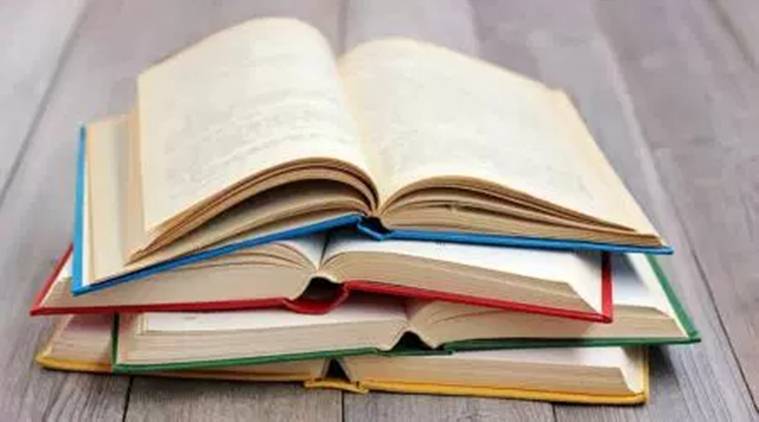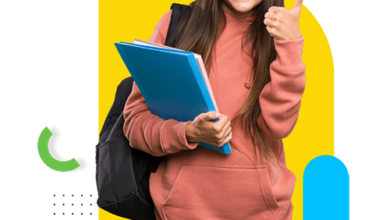What Happens When You Read a Textbook?



“Is it necessary to read the textbook?” is the common question asked by various students. Students feel that textbooks are tedious to read and it consumes a lot of time. The majority of students are in the mindset that memorising the questions and answers given behind the textbook is enough to write the examination. Students feel textbooks are the books of questions prescribed in the academic curriculum. In this handout we have provided the details on how reading a textbook helps students in their academics.
What is a textbook?
A textbook is a core resource of the syllabus. Textbooks are the source of information and can also act as a reference for any query. It is a source of various activities, information. The textbook itself is the curriculum. The textbook is designed in such a way that it consists of all the relevant information, activities, equations, formulas, diagrams and questions related to the particular subject and chapter. It enables the students to grab the information easily and present it crisply. When one is done with complete reading and solving the textbook, he can move on to the next reference book such as Lakhmir Singh Solutions which has more questions.
Improves reading comprehension
Reading is a mandatory habit that each and everyone must cultivate. Reading helps in increasing the vocabulary, thought process and language. It is said that students with active reading habits have a good memory and this yields good performance. Reading the textbook helps the students to understand the concepts clearly. The thirst for knowledge increases more and more when the students cultivate the reading habit. On the other hand, it also develops confidence amongst the students and in examination if the question is asked in a twisted way the student will be able to answer the question in an appropriate manner.
Classroom teaching becomes interesting
Pre-reading the textbook makes the classroom teaching interesting. When the student reads the textbook before it is taught he will have some idea, doubts or queries on the chapter. Hence he tends to listen to the class carefully and queries get clarified. He also tries to answer the questions asked during the class and tries to have a good hold over the concept. Most of the topics get cleared and he needs to spend further time to understand them.
In-text questions
We know that in an examination direct questions are asked in a limited number. Most of the questions occurring in the examination are in a twisted manner and are picked in between the lines of the textbook. So when a student reads the textbook he will be able to answer it correctly and also he writes in his own words which develops his writing skills. If the students rely on the questions given behind the lesson then major key concepts will be skipped and it leads to minimal scoring. When the student is capable of answering the in-text solutions then one can move to other solution books such as Lakhmir Singh physics class 10 and other kinds for higher knowledge.
Additional information
The textbook does not include only the key concepts but also a little additional information as well. We might have noticed that in books few boxes such as did you know, points to ponder and so on which gives us additional information. This generates curiosity in the child’s mind and this helps the students in learning more in a better way. Few activities and experiments are given for the students to perform which keeps the student’s mind active and tests the creativity of the students.
Textbooks are part and parcel of the academic curriculum. The vocabulary, command over language, and knowledge about the concepts are gained easily by reading textbooks. Textbooks are the first reference book to a student and then later comes the other reference books. Any sort of doubt or question can be cleared on reading the textbook. This helps in the overall development of the student.



